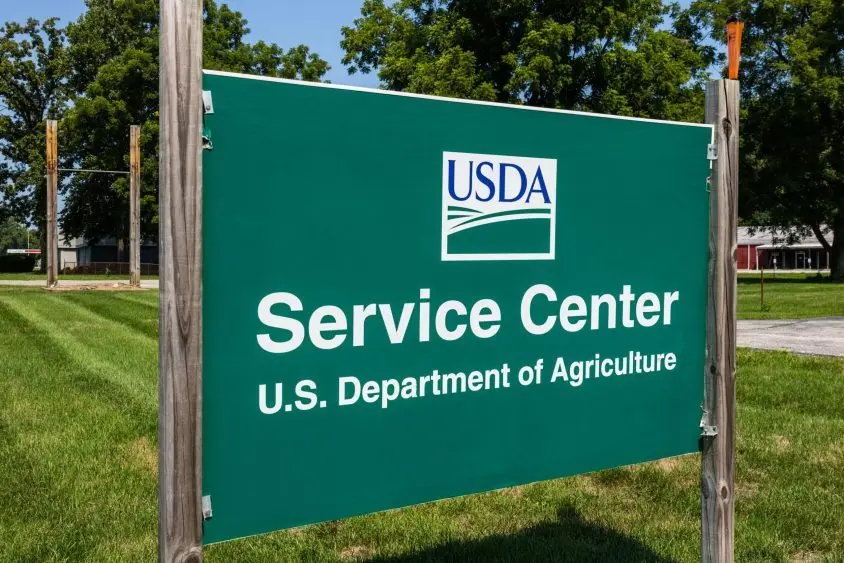In a press release by the National Association of Farmer Elected Committees (NAFEC), the group reports that FSA offices “are critically understaffed,” yet USDA officials have publicly denied those concerns.
Deputy Secretary Stephen Vaden at the Farm Progress Show in late August rejected the notion FSA offices are short on staff. Vaden said USDA would not be asking for temporary or permanent FSA staffing levels. Leaders at FSA in recent meetings have indicated staffing levels of county office employees are now under 6,000, as compared to several thousand more, just a few years ago.
“NAFEC has County Committee members in every county in the nation and the word we are consistently hearing is our county office staffs are critically understaffed”, said Jim Zumbrink, President of NAFEC, and a grain and turkey farmer from Ohio. “Staff will find it very difficult to perform the complex work of managing disaster programs and ongoing programs, with the speed agriculture producers in America, both expect and desperately need.”
Reports coming in to NAFEC from Texas (the state with the largest number of county office employees) indicate there are many offices in Texas without County Executive Directors and some with very little staff to get the programs administered.
“The new Farm Bill is going to require millions of new base acres to be established which is going to take a lot of work. We also know that ongoing programs like the Livestock Forage Program (LFP), critical to our nation’s livestock producers, is a program that takes a lot of staff time to administer.” said Kevin Dale a retired CED from a large beef producing County in Oklahoma. For example, continued Dale “with my staff of myself, two permanent program assistants and a full-time temporary employee, it took us about six months to enroll, review leases and eligibility forms, obtain county committee approval, and issue payments to our 700+ Bryan County livestock producers. Currently this same Oklahoma office has only two employees. Issuing payments quickly under this program will be impossible, without additional staffing.”
Jim Densberger, NAFEC Officer and corn grower from Nebraska summed it up. “We want to ensure the situation is addressed before the crises, not after it. Our office staffs are working hard to do all they can with reduced staffing levels and more programs on the horizon to administer. Without more employees to perform the work, our employees and county elected committees will take the heat for being unable to deliver funds as quickly as normal. Now is the time for our agriculture organizations to sound the alarm.”
Read more here: https://www.nafecfsa.com/_files/ugd/af9f1b_4966d99317ee456e809944a3ff74a4fd.pdf





